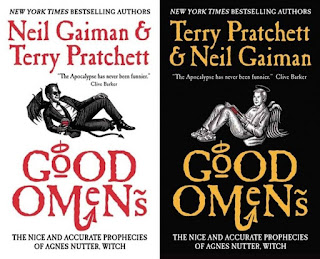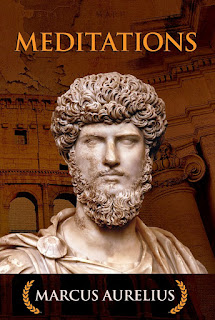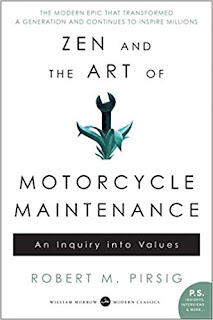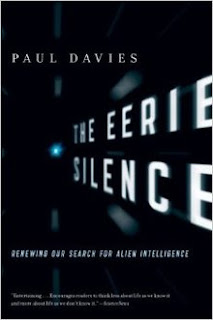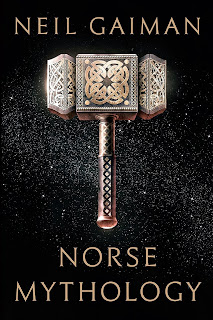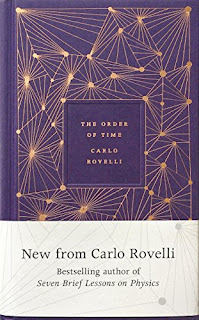We wrote and published an e-book with our family

Soovikivi Erik ja Lisandra on tänapäeva lapsed ja head sõbrad, kes elavad Tabasalu kortermajas, käivad koos lasteaias ja eelkoolis ning saavad mõlemad oma 7. sünnipäeval kingituseks tükikese meteoriiti, mis nende sünniaastal Maale langes. Järgmisel ööl avab kivi lastele ukse unenäoilma, kus nende teejuhiks on liivakass ja õpetajaks küüron, kus taevast sajab pannkoogimaitselisi kukeseeni, ringi lennatakse seebimullide sees ja sõnumivahetuseks on lendavad raamatud. Viie päeva ja nelja öö jooksul toimuvas lõbusas loos üritavad lapsed mõista, kuidas saavad unenäoilm ja meie maailm korraga olemas olla, millal ja kuidas need maailmad tekkisid ja mis oli kõige alguses. Teadushuviline Erik on ettevaatlik ja kahtlev, aga koos energilise ja rõõmsameelse Lisandraga jõuavad nad läbi mänguväljakute, safiirmetsa, lasteaia ja õhus hõljuva ukse Peaaegu Läbipaistvale Mäele ja võibolla leiavad ka tee otsitud vastusteni. E-raamat on tasuta. Lae alla omale sobivas formaadis: PDF (5MB) | MOBI (K...
